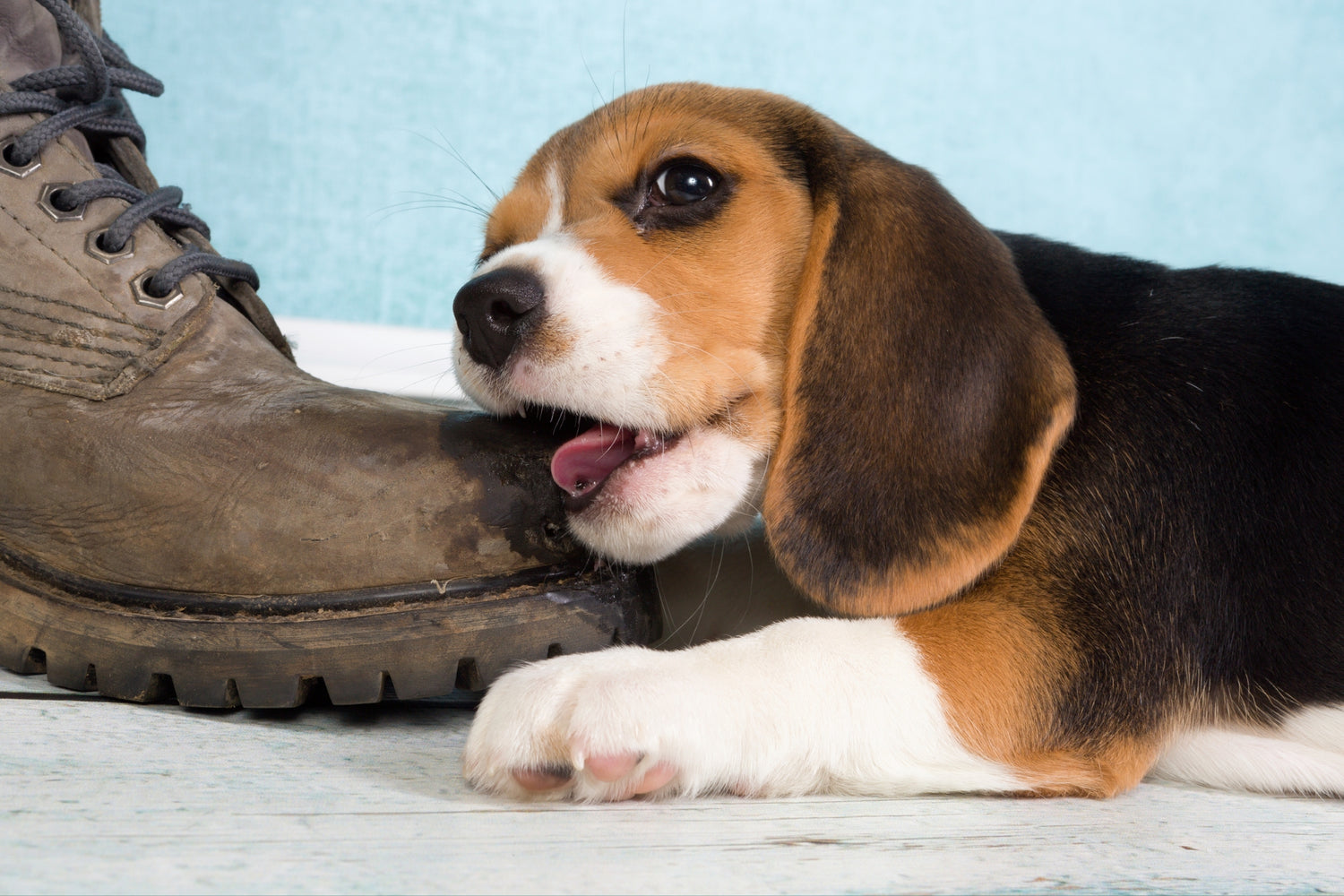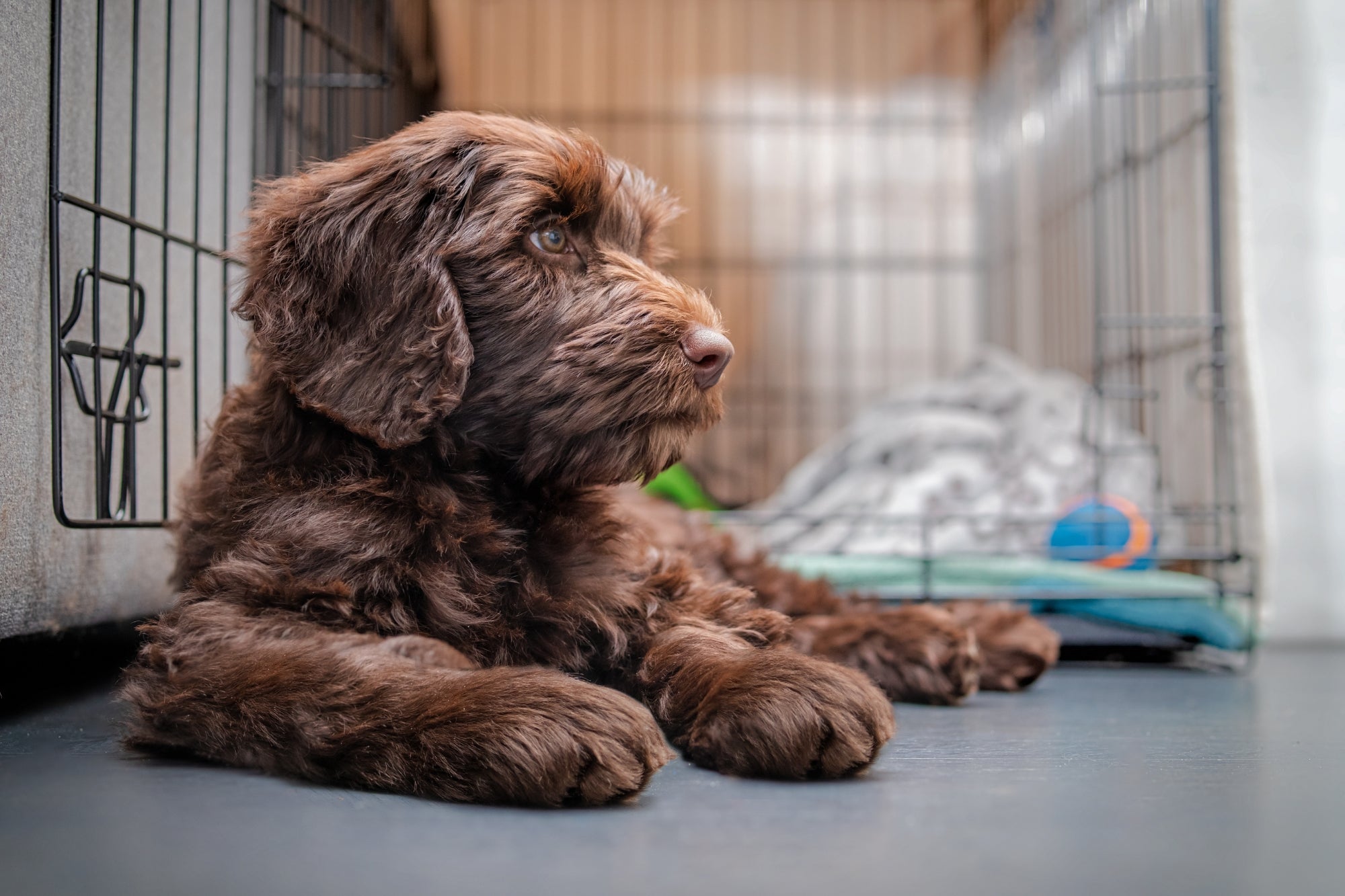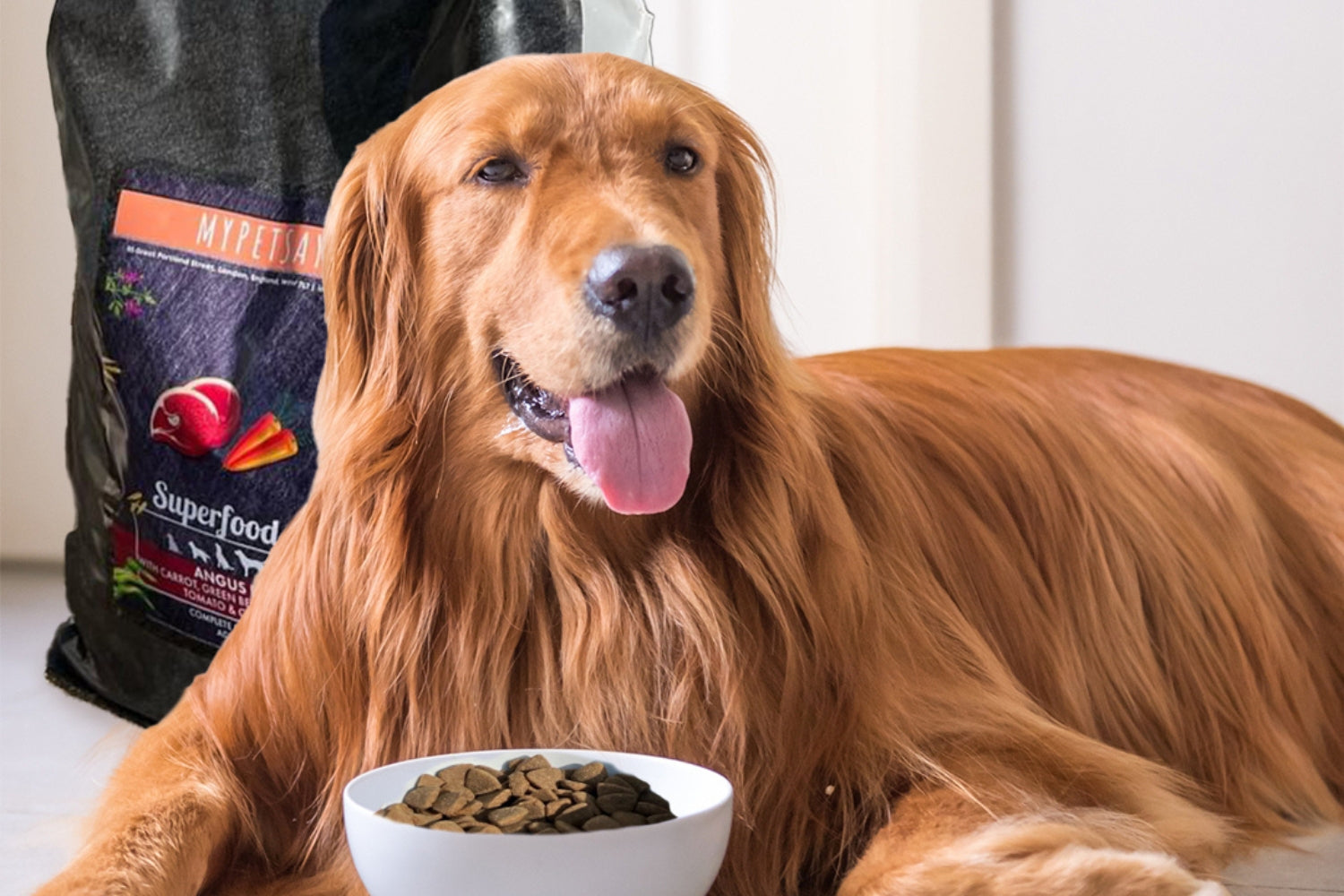Have you been wondering lately, "How can I stop my dog from chewing up everything?". It's a common problem for dog owners. Dogs love to chew on things like shoes, furniture, and household items, which can be annoying and even dangerous for them. But don't worry! With patience, consistency, and the right strategies, you can help your dog learn not to chew on everything. In this blog post, we'll explore some simple techniques to help you stop your dog from chewing.
Techniques to Stop Your Dog from Chewing
Understand the Root Cause
Before diving into solutions, it's essential to understand why dogs chew. Chewing is a natural behaviour for dogs and serves various purposes, including teething, boredom, anxiety, or simply exploration. Identifying the underlying cause of your dog's chewing can help tailor your approach to addressing the behaviour.
Keep Them Busy with Exercise and Playtime
A tired dog is less likely to engage in destructive behaviours like chewing. Ensure your dog receives plenty of physical exercise through daily walks, playtime, or runs in the park. Additionally, mental stimulation is crucial for preventing boredom, which can lead to chewing. Invest in puzzle toys, interactive games, or training sessions to keep your dog's mind engaged and satisfied.
For more information on how much exercise your dog needs and the benefits of regular playtime, check out our blog post.
Choose the Right Chew Toys
Redirect your dog's chewing behaviour onto appropriate chew toys. Choose toys made of durable materials that are safe for your dog to chew on. Introduce a variety of textures and shapes to keep your dog interested and satisfied. Encourage your dog to chew on these toys by praising and rewarding them when they engage with them.
Training and Positive Reinforcement
Consistent training is key to addressing chewing behaviour effectively. Teach your dog the "leave it" and "drop it" commands to redirect their attention away from inappropriate items. When your dog chooses to chew on their toys instead of forbidden objects, praise and reward them with treats or verbal praise. Positive reinforcement helps reinforce desired behaviours and strengthens the bond between you and your dog.
Learn more about how to train your dog in our detailed guide.
Address Underlying Anxiety or Stress
If your dog's chewing is driven by anxiety or stress, it's essential to address the root cause. Consult with a veterinarian or a certified dog behaviourist to develop a plan to manage your dog's anxiety through behaviour modification techniques, training, or, if necessary, medication.
By understanding the reasons behind your dog's chewing behaviour and implementing appropriate strategies, you can effectively stop this behaviour and foster a happier, healthier relationship with your pooch.




Leave a comment
This site is protected by hCaptcha and the hCaptcha Privacy Policy and Terms of Service apply.